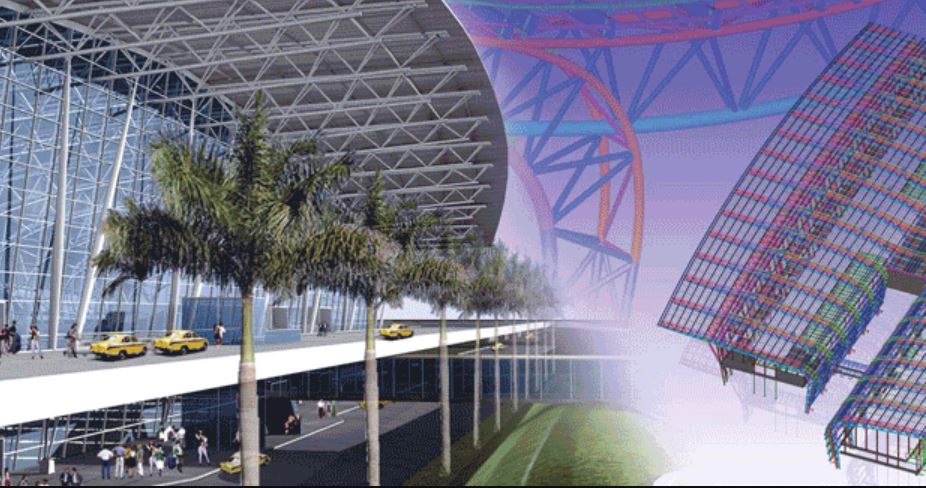Technical Area | Articles
The place to solve all your BIM doubts
The real future of building
Customers increasingly prefer cloud-based systems to reduce cost, time and complications of software implementation
BIM Implementation Strategies
With a pressing need to complete projects within a stipulated timeframe and cost while ensuring quality, CW PROPERTY TODAY discusses software that can benefit the real-estate sector.
While the use of software was never a primary need in the real-estate industry, the need to respond to statutory changes, customer expectations and growing demand at the right price has led to several real-estate companies riding the digital transformation wave.
In demand
'Customers increasingly prefer cloud-based systems to reduce cost, time and complications of software implementation,' says Ashvin Gami, Managing Director, StrategicERP.
'ERP and CRM software is becoming necessary to recognise, prioritise and respond to the disruptions expected to hit the industry in the next five years.'
Pradeep Nair, Managing Director, Autodesk India and SAARC, says, 'Core areas, that are changing the way construction happens and are set to have the greatest impact on our industry are: Industrialisation, high-definition surveying, Internet of Things (IoT) and digital collaboration.' Key offerings from Autodesk in AEC include Revit Live, a virtual reality solution for the built environment, turns Revit and Revit LT models into an immersive experience in one click, helping architects understand, explore, and share their designs; Revit, is a software for BIM that supports a multidiscipline design process for collaborative design; ReCap software converts reality into a 3D model or 2D drawing that is ready for further design; and BIM 360, a construction management software that enables access to project data almost anytime, anywhere throughout the building construction life-cycle.
Technology that reduces project cost and helps achieves timely completion with minimal errors is what the construction industry is increasingly adopting now. As Paul Wallett, Regional Director for India and Middle East, Trimble Solutions, says, 'We have seen a continual rise in the use of software across the build-design-operate life-cycle in the industry.' As buildings are becoming increasingly complex, the use of Constructible BIM process is finding relevance with the various stakeholder groups in the construction industry. Wallett adds, 'Constructible BIM can be used to make the construction process run smoothly and in a timely, cost-efficient manner. If the model is detailed enough, one can test in advance to ensure a building is actually constructible, and at a reasonable cost.' A Constructible Model is different from a vanilla BIM model, in which, 'Constructibility' is considered from the model's initial conception all the way to fabrication. Trimble Solutions owns marque 3D product brands such as Tekla, SketchUp and Vico office, all widely used in the construction ecosystem.
With the aim to reduce cost and time, 'real-estate companies are looking at BIM solutions for clash detection,' says Eric Law, Senior Director-Construction Product, Bentley System.
'It is also a tool for presenting the project to the client.'
To continue reading this article click on the link below.
Source: http://www.constructionworld.in/Search/News/The-Real-Future-of-Building/109889











